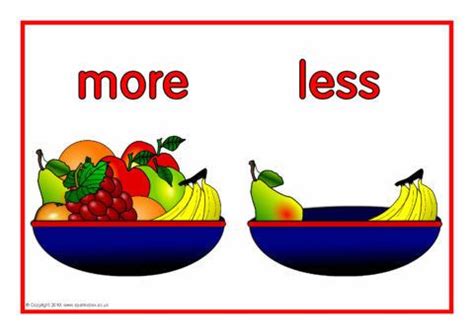What are the less obvious symptoms of low testosterone levels in men that might warrant a medical consultation?

Beyond the Obvious: Uncovering Subtle Signs of Low T
Testosterone, often celebrated for its role in muscle mass and sex drive, is a crucial hormone that impacts nearly every aspect of male health. While erectile dysfunction and decreased libido are widely recognized signs of low testosterone (Low T or hypogonadism), many men experience a host of less obvious symptoms that can quietly diminish their quality of life. Recognizing these subtle indicators is key to seeking timely medical consultation and appropriate treatment.
Brain Fog and Decreased Mental Acuity
One of the more surprising symptoms of low testosterone is its impact on cognitive function. Men may notice a persistent ‘brain fog,’ characterized by difficulty concentrating, memory lapses, and a general feeling of mental sluggishness. Tasks that once felt routine might become challenging, and decision-making can seem more arduous. This isn’t just a sign of aging; it can be a direct result of inadequate testosterone levels affecting brain function.
Mood Swings and Irritability
Testosterone plays a significant role in mood regulation. A decline in this hormone can lead to unexplained mood swings, increased irritability, and even feelings of anxiety or depression. Men might find themselves easily frustrated, quick to anger, or experiencing a general sense of despondency that feels out of character. These emotional shifts are often dismissed as stress or personality quirks, but they could be a silent cry from a hormonally imbalanced system.

Reduced Exercise Endurance and Slower Recovery
While a general decrease in energy is a known symptom, a more specific sign can be noticed during physical activity. Men with low T may find their exercise endurance significantly reduced, struggling to maintain previous performance levels in the gym or during sports. Furthermore, recovery times after physical exertion can become noticeably longer, with muscles feeling sore for extended periods or a general sense of fatigue persisting. This isn’t just about losing muscle; it’s about the body’s diminished capacity to bounce back.
Changes in Sleep Patterns
Testosterone influences the body’s sleep architecture. Low levels can disrupt normal sleep cycles, leading to insomnia, restless nights, or even excessive daytime sleepiness. Men might find it difficult to fall asleep, stay asleep, or feel refreshed upon waking, despite getting an adequate number of hours in bed. This can create a vicious cycle, as poor sleep can further exacerbate hormonal imbalances.

Increased Body Fat, Especially Abdominal
Testosterone plays a role in metabolism and body composition. A subtle, yet significant, sign of low T can be an unexplained increase in body fat, particularly around the abdomen, even without significant changes in diet or activity. Simultaneously, efforts to lose weight may become less effective, as the body struggles to metabolize fat and maintain lean muscle mass. This shift can be more than just aesthetic; it’s a metabolic clue.
Bone Density Concerns (Osteopenia/Osteoporosis)
Though less immediately noticeable, chronic low testosterone can silently contribute to a decrease in bone mineral density. Over time, this can lead to osteopenia or osteoporosis, making bones more fragile and susceptible to fractures. While often associated with aging women, men are also at risk, and low T is a significant contributing factor. Unexplained aches or a history of fractures from minor trauma could be a signal.

Hair Loss Beyond Normal Aging
While male pattern baldness is often genetic, a general thinning of hair on the scalp or body, beyond what’s expected for one’s age, can sometimes be linked to low testosterone. Testosterone and its derivatives influence hair follicle health, and a decline can contribute to an overall reduction in hair density across various parts of the body.
Hot Flashes and Sweats (Similar to Menopause)
Often perceived as exclusively a female menopausal symptom, some men with significantly low testosterone can experience hot flashes and night sweats. These sudden feelings of intense heat, often accompanied by sweating, are typically the body’s reaction to fluctuating hormone levels. If a man experiences these, it’s a strong indicator that hormonal assessment is needed.

When to See a Doctor
If you’re experiencing one or more of these less obvious symptoms, especially in combination, it’s a strong indication that you should schedule a medical consultation. A healthcare provider can perform a simple blood test to measure your testosterone levels. It’s important to discuss all your symptoms, even those that seem unrelated, as they can paint a clearer picture for diagnosis. Remember, these symptoms can also overlap with other medical conditions, so a professional diagnosis is crucial.

Taking Control of Your Hormonal Health
Ignoring subtle symptoms can lead to a prolonged period of discomfort and a decline in overall health. Low testosterone is a treatable condition, and understanding its less obvious signs empowers men to advocate for their health. By recognizing these quiet signals, men can take proactive steps towards diagnosis and treatment, ultimately improving their energy, mood, cognitive function, and general well-being.









